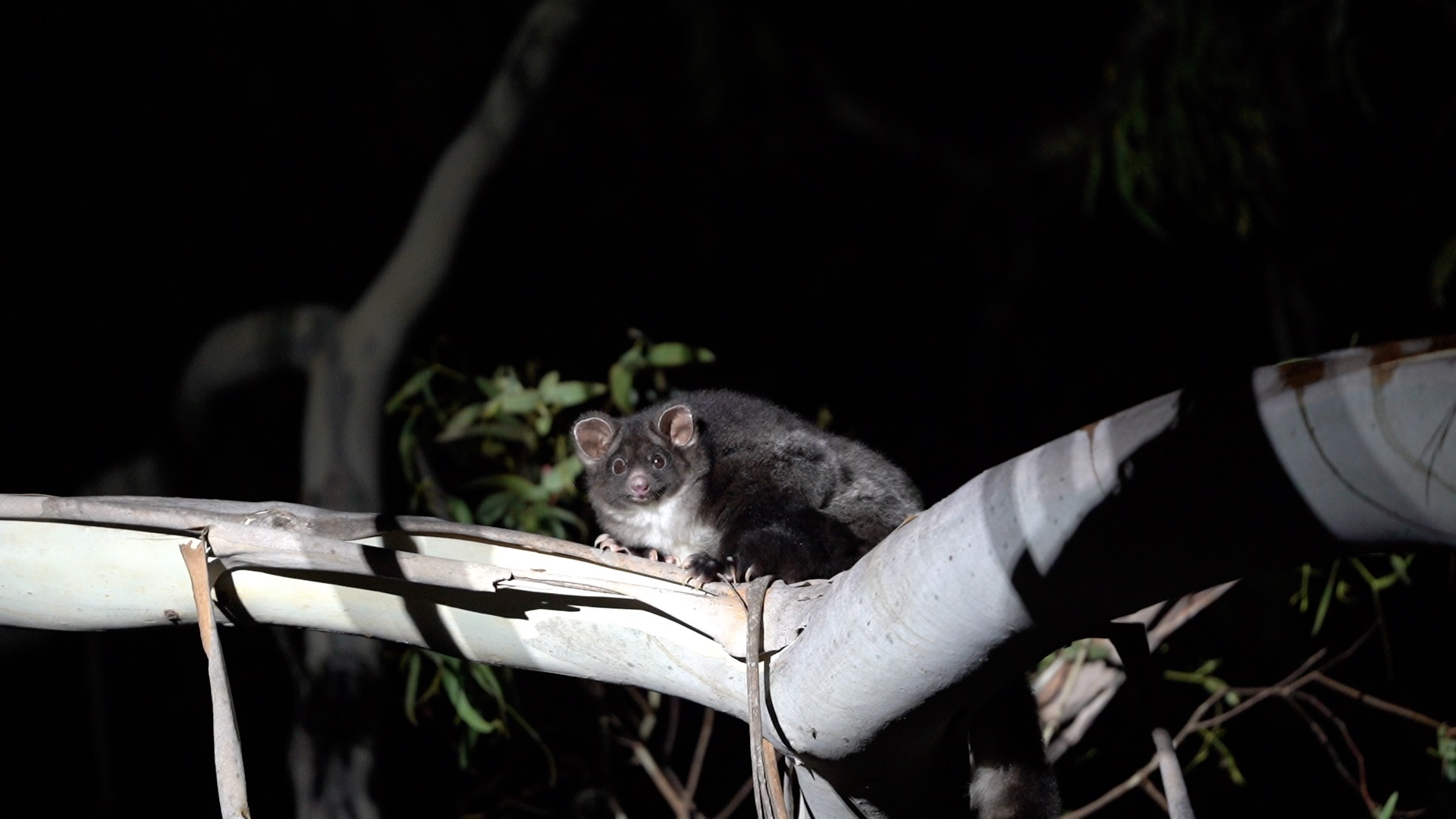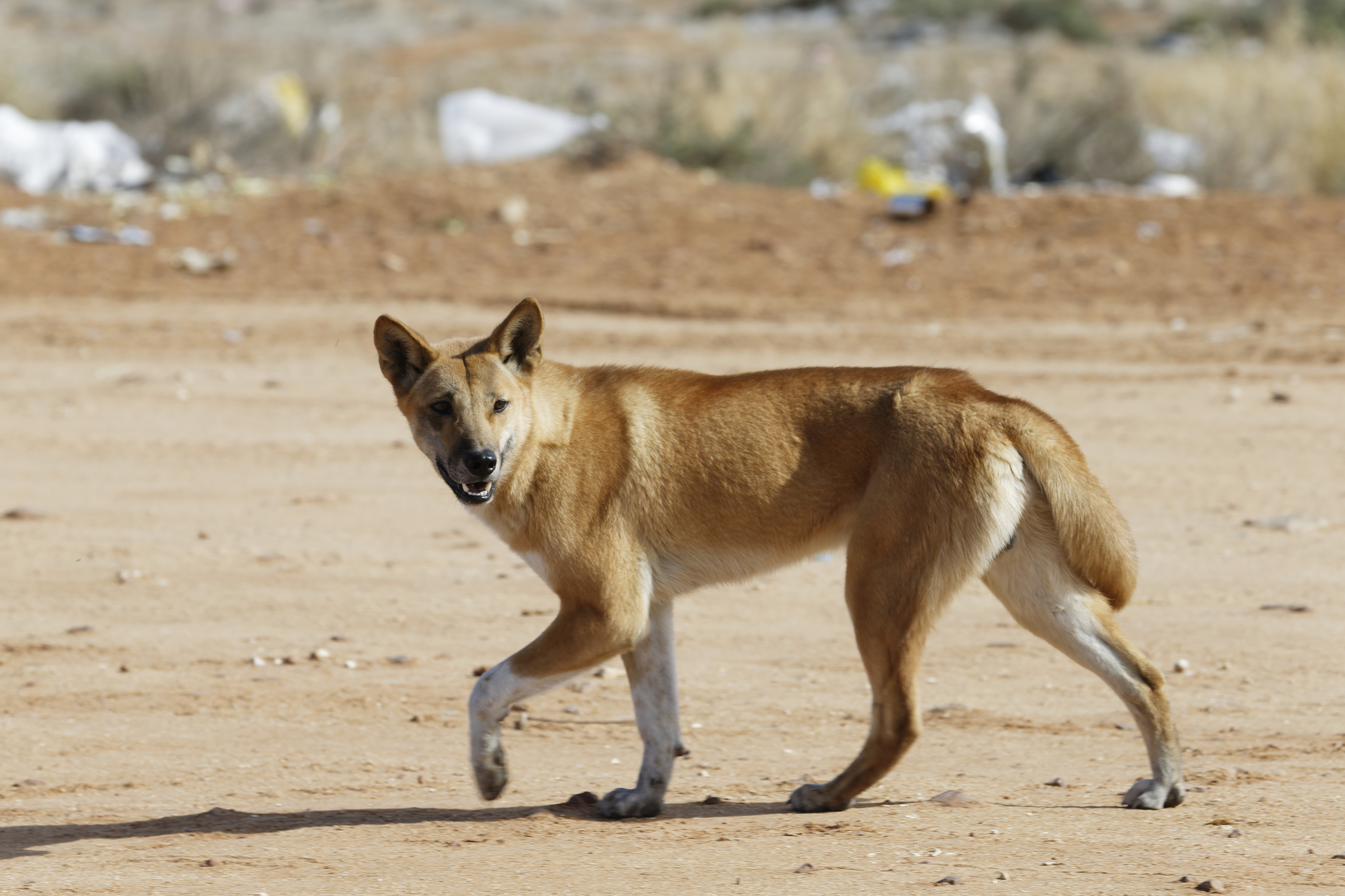Five hours south of Sydney, in the high country of south-east New South Wales, Glenbog State Forest sits quietly on the edge of the escarpment. At first glance, it looks like many other native forests. But Glenbog is not just any forest. It is one of the few remaining high-elevation “cloud forests” in southern NSW. These are places where geography...
Momentum for fur-free fashion continues to build and you don’t want to miss out! At fashion week in New York, London, Milan and Paris this year fur was shunned off the runway by more designers than ever before.
The list of retailers and brands who have made the commitment to ban fur is expanding fast, so we felt it was high time to make these brands more accessible to you. That’s why we are excited to launch our Fur Free Guide featuring more than 250 brands and retailers. Your new can’t-live-without fashion accessory can be downloaded direct to your phone or iPad for free, keeping you on trend while you’re on-the-go.
Luxury brands Moncler and Dolce & Gabbana are the latest on the list of companies to announce fur-free policies, joining so many others avoiding animal suffering in the fur industry. Now that so many retailers and brands have banned animal fur, you may be curious to know who hasn’t.
Globally, brands that continue to still sell animal fur include Max Mara, Hermès, Philipp Plein, Woolrich, Yves Salomon, Roberto Cavalli and Salvatore Ferragamo. Luxury giant LVMH also continues to use fur, owning brands including Louis Vuitton, Dior, Fendi, Marc Jacobs and Givenchy. So, there is still work to do!
While fur remains on the market, we will continue our efforts to engage with brands who are not yet fur-free. As a consumer, lending your support to brands and retailers who have made a fur-free commitment is a crucial incentive for companies to put compassion in fashion.
More than 100 million animals are killed for their fur every year worldwide including mink, fox, raccoon dog, chinchilla and rabbit – that’s equal to three animals dying every second, just for their fur. The UK was the first country in the world to ban fur farming, and since then an additional 22 European nations have now banned or ended the cruel practice, most recently Bulgaria, Ireland, Estonia, France and Italy. There are also political discussions underway in Latvia, Lithuania, Spain and Poland.
Here in Australia the import and sale of animal fur continues. Fortunately there are no fur farms here, but there is also no legislation against fur farming. The import of dog and cat fur into Australia is prohibited, but there are no laws here to regulate the sale or use of real fur. Sadly in Australia crocodiles are farmed for their skin, so we are doing all we can to bring an end to that too.
HSI is now campaigning for the United Kingdom to become the second country in the world to ban fur sales, after Israel became the first to do it in 2021. In the United States California and 10 cities have committed to going fur-free. Most major Australian retailers already have policies against selling real fur in their stores including all Australian department stores thanks to increasing consumer concerns for animal welfare. Several councils including the Blue Mountains City Council, the City of Canterbury Bankstown, Inner West Council, Liverpool City Council and the City of Sydney have also taken a stand by passing motions to ban fur sales under their jurisdiction.
While the campaigns continue, take things into your hands by supporting the 250+ fur-free brands listed in our guide. I’m sure that with the support of compassionate shoppers like you, one day we won’t need such a list and together we’ll celebrate a fur-free world.


